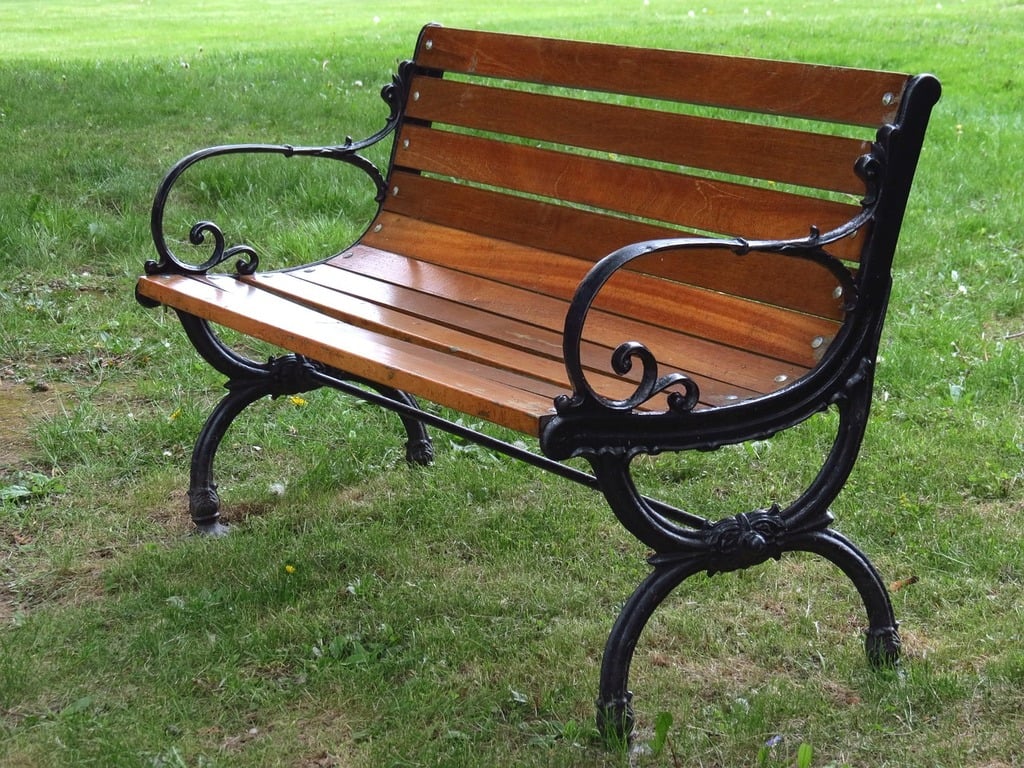The Free Market Approach to Addiction Treatment

Last week, I reported about the latest insult to addiction treatment, the comment by Fox & Friends host Brian Kilmeade that those homeless people who refuse addiction treatment or housing should be subjected to “involuntary lethal injection.” “Just kill them,” Kilmeade added. He later apologized for the lethal injection comment; no apology for “just kill them.”
I realized Kilmeade does not understand the most basic economics of addiction treatment, beginning with the fact that it costs more to “just kill them” than to house them. Municipalities are compelled by law to preserve the remains of deceased homeless individuals for up to two years, and then dispose of them in a proper manner, usually by cremation.
Along with “involuntary lethal injection,” the Fox News hosts recommended incarceration of those who resist treatment. I guarantee that the cost of a park bench is a whole lot cheaper than a spot in a jail cell. However, this isn’t just opinion; involuntary incarceration is now the preferred strategy of the federal government.
Supposedly, American citizens cannot be involuntarily incarcerated without due process. There has to be some sort of hearing to verify the identity of the accused and present evidence for why they are a danger to themselves or to others. So now let’s add the cost of legal counsel for both sides, court costs, and pre-trial custody to the costs of keeping these resistant addicts in jail.
There are more costs to incarcerating the homeless. Roughly one-half of the homeless population in America is disabled, and the other half is employed at least 20 hours/week. They do not make enough money to afford housing, which is why they are sleeping in cars or friends’ houses, or other alternatives for the unhoused.
When you take working Americans off the street for being homeless, it usually costs them their jobs. You must subtract the wealth you are removing from the community by removing a wage-earner, and add that to the costs of adjudication and incarceration. In many cases, these wage-earners are heads of households. The lifetime costs of removing and incarcerating a parent from a family are, sadly, enormous.
If you leave the wage earners alone, and round up the disabled half of the homeless, you can only imagine what sorts of costs the community will endure to keep these disabled in pretrial custody, then litigate their involuntary incarceration. Filling jails with the disabled, many of whom are military service veterans, is almost as bad an idea as “just kill them.”
The Fox & Friends scenario is absurd on the face of it. They think half the homeless would turn down housing and addiction treatment if it were offered to them. The exact opposite is true: Almost no homeless persons will decline safe housing, and most homeless drug addicts will enter drug treatment if it includes housing.
The reason people are living on the streets is not because safe housing was offered and declined. For many reasons, the conditions put on temporary housing are impossible for many people experiencing homelessness. They may feel safer on the street. They may be safer on the street.
A recent report on the deployment of federal troops to clean up the streets of Washington, DC, found that it cost on average $530/day per guard member. The deployment is costing the federal government $1.1 million per day. There are an estimated 5,600 persons experiencing homelessness in DC. The average cost to house them is a little over $45/day. Therefore, we are already spending four times as much per day on the national guard as it would cost to provide all of the homeless of DC with safe shelter.
So here are some rules about dealing with addiction for Fox & Friends:
- Don’t pull wage earners off the street and put them in jail.
- Don’t put heads of households in jail for non-violent offenses.
- Assume every “drug addict” is the victim of an accident coping with pain.
- Realize that half the homeless you see are disabled and can’t work.
Homelessness and drug addiction exact social costs. Those costs are increased by ignoring the problem, and increased even more by substituting law enforcement for affordable housing. The solutions to homelessness and drug addiction are also social solutions. These problems cannot be expected to cure themselves.
The lowest cost, most highly effective approach to addiction treatment is indeed a free market approach. It recognizes that getting the biggest bang for the smallest outlay means investing in affordable housing, temporary shelters, and addiction treatment facilities — preferably all within walking distance of a hospital.
Further, the free market approach to addiction treatment is to pay people for staying in recovery. It’s called contingency management, and you don’t even have to pay them very much. Prizes worth an average of $15/day have proven to be enough motivation for people who have housing to stay in recovery and deliver clean urine tests.
The free market approach to addiction treatment is to accept the addicted person as a “sunk cost” and focus on minimizing further outlays while maximizing future benefits. It is therefore in all of our interests to fund these stunningly cheap addiction recovery prize programs, while teaching recovered addicts new skills and providing job placement.
From an economic perspective, this free market approach yields the least amount of time out of the labor force, the least amount of time for full housing subsidy needed, dramatically reduced lifetime medical costs, maximized lifetime earnings, plus low-cost labor force training.
So take note, Brian Kilmeade and friends, that the most economical, market-driven approach to homelessness and addiction treatment is to invest heavily in inexpensive housing and use it to lure people off those park benches and into the workforce.
Written by Steve O’Keefe. First published September 23, 2025.
Sources:
“Giving housing to the homeless is cheaper than leaving them on the streets,” Vox, May 30, 2014.
“The Intersection of Intellectual/Developmental Disability and Homelessness From the Perspectives of Service Providers,” Qualitative Health Research, August 7, 2023.
“Housing The Homeless Not Only Saves Lives — It’s Actually Cheaper Than Doing Nothing,” HuffPost, May 25, 2014.
“Trump’s DC Occupation Costs 4 Times More Than It Would Take to House City’s Entire Homeless Population, Common Dreams, August 22, 2025.
Image courtesy of PICRYL, used under Creative Commons license.




